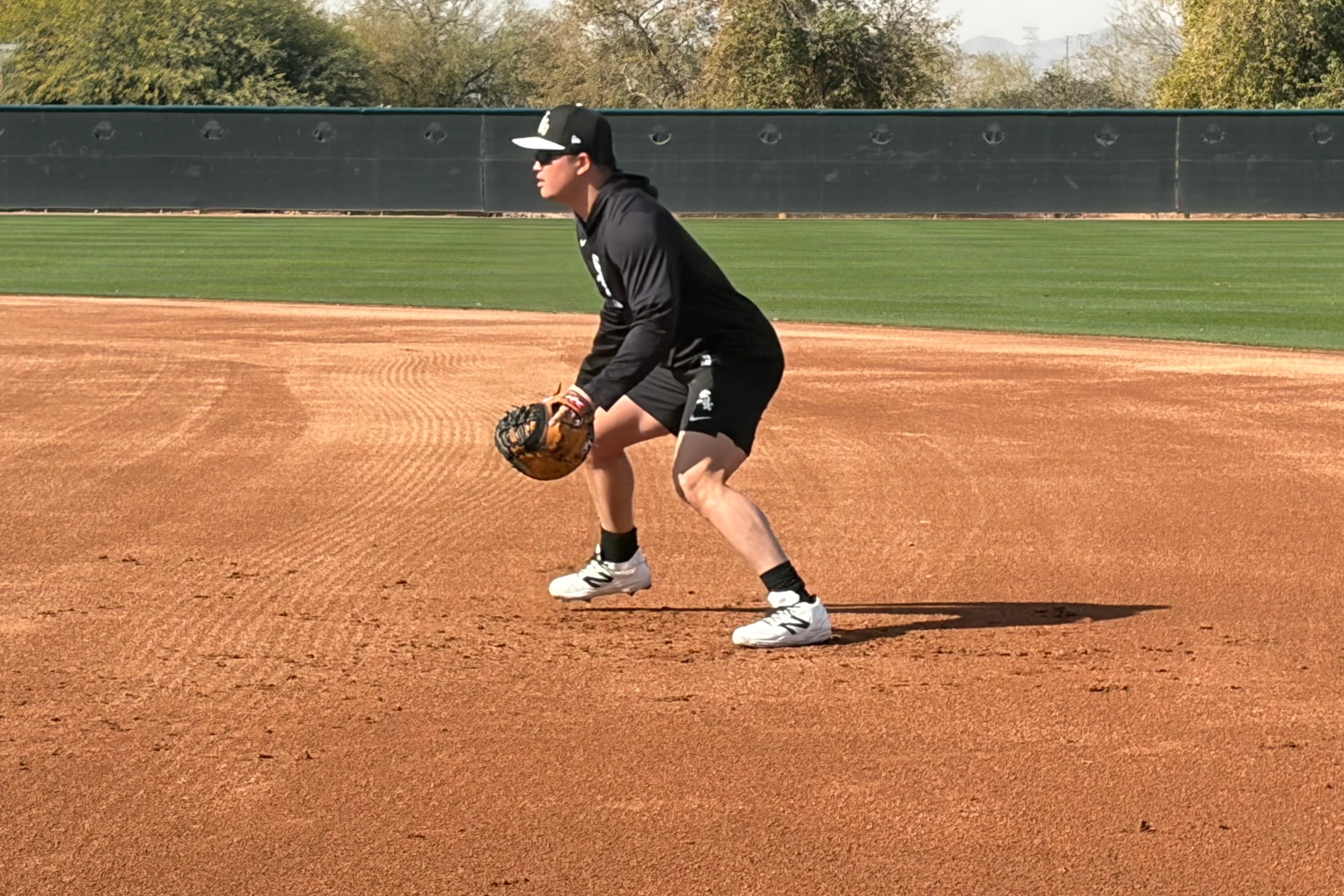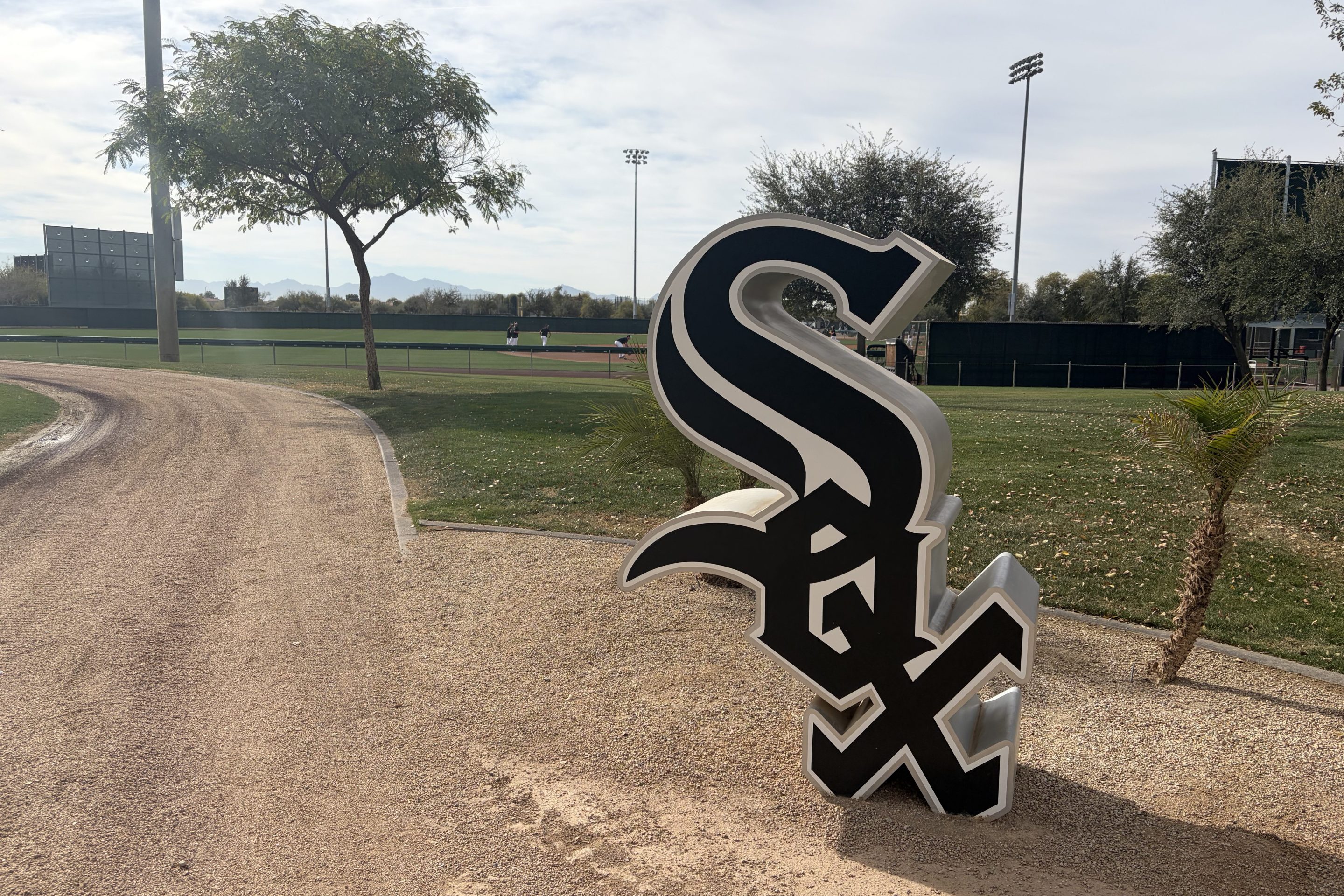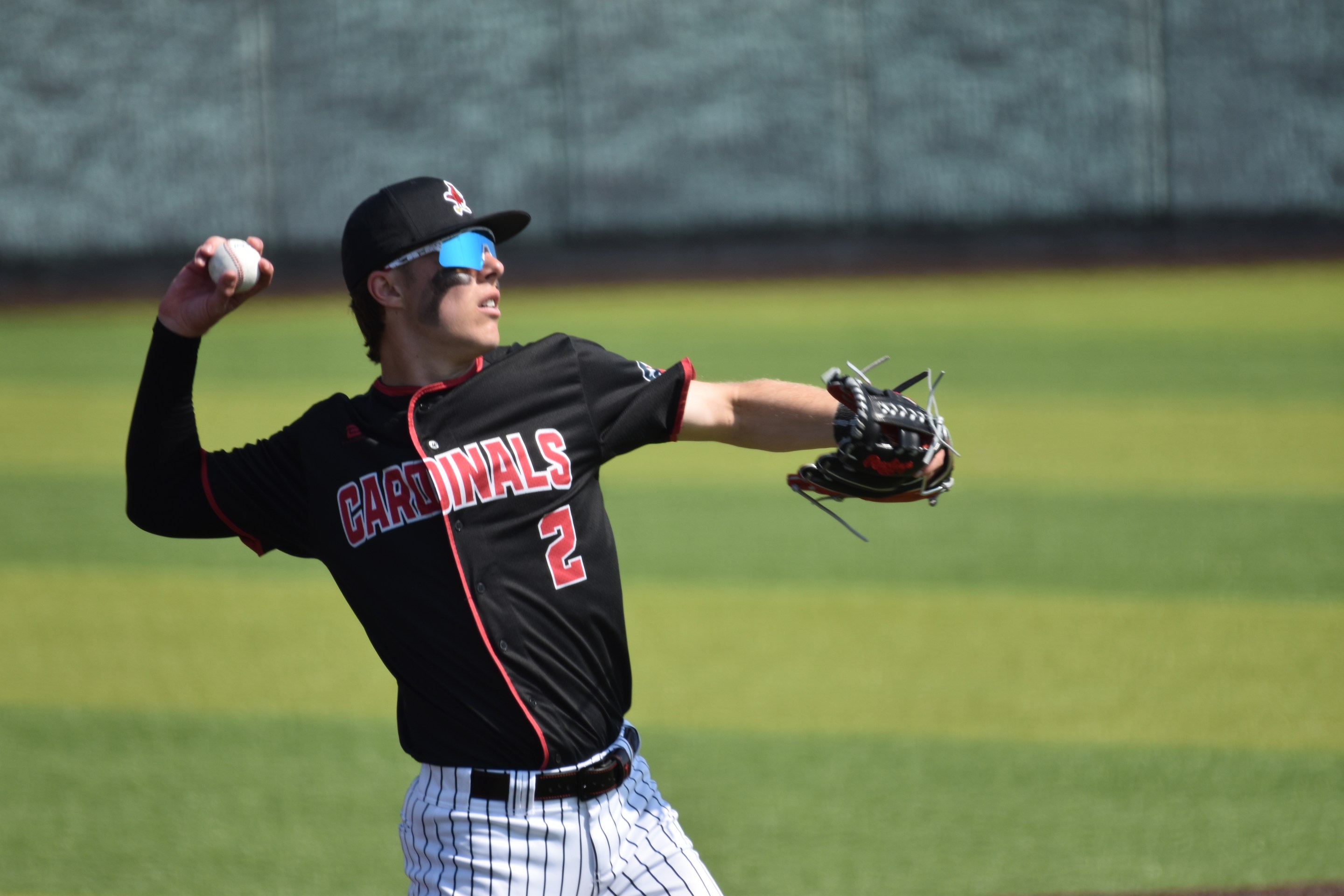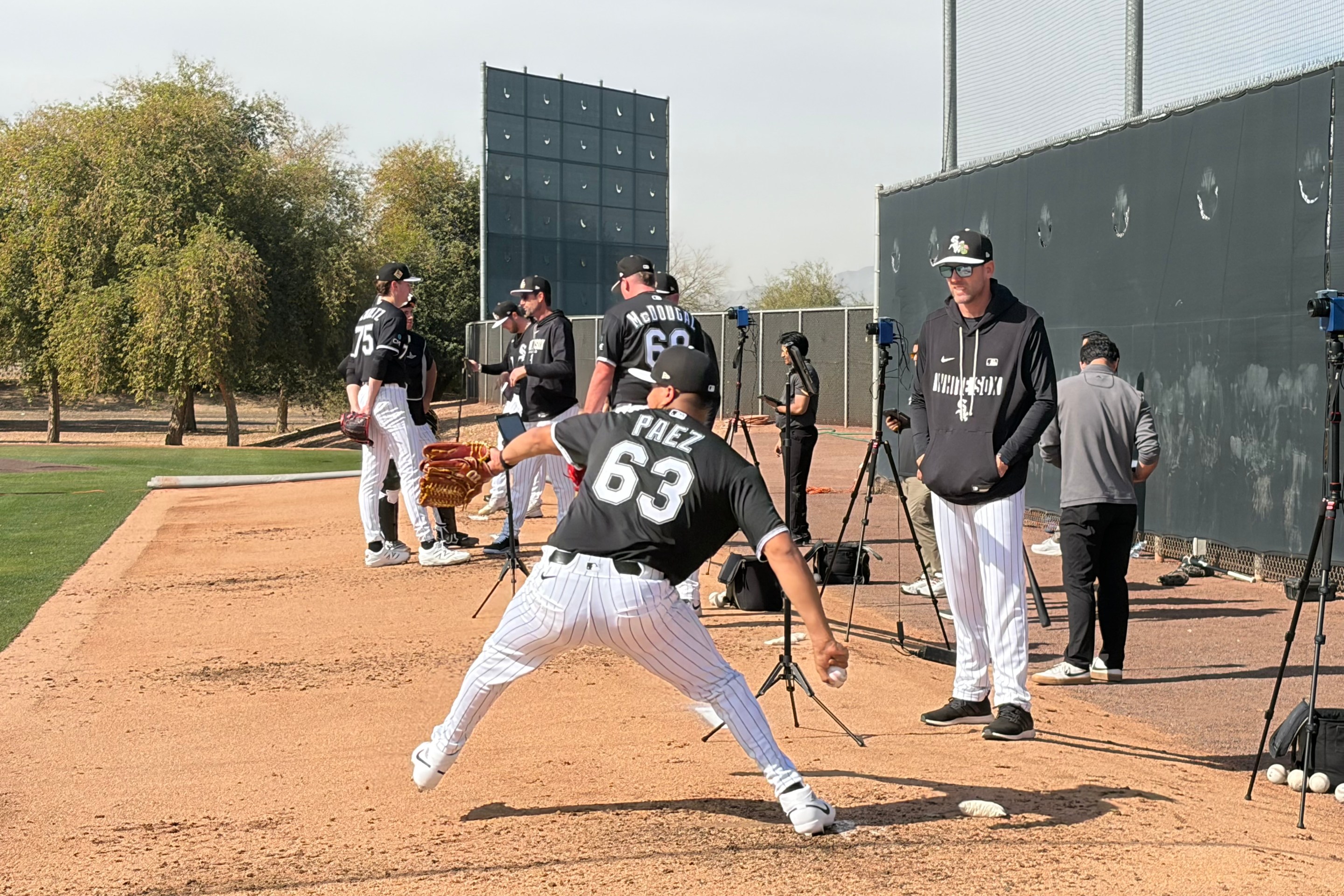While reading about the Detroit Tigers' firing of general manager Al Avila last week, I kept coming back to the number 7. That's how many seasons Avila had at the helm before the Tigers officially conceded that it wasn't working.
Rick Hahn failed to record a winning season during his first seven years as White Sox general manager. He didn't breach .500 until his eighth, which also happened to be the year with the 60-game schedule.
At least Avila could claim that one of his teams won more than it lost. The Tigers won 86 games in his first year as GM before it all went downhill. Here's the tale of the tape:
| Hahn | Year | Avila |
|---|---|---|
| 63-99 | 1 | 86-78 |
| 73-89 | 2 | 64-98 |
| 76-86 | 3 | 64-98 |
| 78-84 | 4 | 47-114 |
| 67-95 | 5 | 23-35 |
| 62-100 | 6 | 77-85 |
| 72-89 | 7 | 43-71 |
| 491-642 | Total | 414-579 |
Hahn has a better winning percentage, .433 to .417, but Avila has an edge in winning seasons (1 to 0), which effectively closes the gap. It'd be one thing if Hahn's Sox got to that .433 winning percentage by oscillating between winning 95 games and 45 games -- in fact, it might be optimal in the capped draft pool era -- but there's no upside to the way the White Sox continually came up short. Hahn admitted as such in his "mired in mediocrity" speech in 2016.
Avila wasn't fired just for his record, but how they lost so many games. The Tigers failed to draft and develop difference-makers during that time, although when you stack Avila's 2016-2020 run of first-round picks against Hahn's, the difference mostly comes down to picking pitchers.
- Avila: Matt Manning, Alex Faedo, Casey Mize, Riley Greene, Spencer Torkelson
- Hahn: Zack Collins, Jake Burger, Nick Madrigal, Andrew Vaughn, Garrett Crochet
Manning is the only pitcher on that list to avoid Tommy John surgery as a pro, but he's spent most of this season dealing with a shoulder issue.
Neither GM has success on the free-agent market, either, but whether by nature or nurture, Hahn's approach has been far more conservative. Avila bookended his Tigers GM career with massive contracts to Jordan Zimmermann and Javier Báez, while Hahn opened with a three-year deal for Jeff Keppinger that foreshadowed his risk aversion on the open market.
Still, Hahn was able to remain in charge to string together multiple winning seasons and multiple postseason appearances, although a third of each remains in doubt. If the White Sox fall short this year, it's hard to imagine anybody of consequence taking the fall for it.
Ownership is the obvious difference between the two teams. Tigers chairman and CEO Chris Ilitch stumbled a few times through the announcement. He couldn't remember when he extended Avila, and he refused to hold himself even partially accountable for the Tigers' failures.
“I would say to you: I didn’t trade those players away,” Ilitch said. “Our general manager did. Al did. That’s his role."
Still, Ilitch put himself out there, both in terms of making the decision and explaining it in a public fashion. It's just about impossible to imagine Jerry Reinsdorf doing either.
In fact, Reinsdorf does everything to obfuscate Hahn's responsibilities. While Avila was promoted to GM after a clean break with his predecessor, Hahn still works under Kenny Williams, which has provided fodder for years of arguments about who's really in power (the answer: it doesn't matter). While Avila hired his own managers, Reinsdorf foisted Tony La Russa's dead-fish presence on his front office.
Reinsdorf takes the path of least resistance and the most familiarity when it comes to major management decisions, so there's no reason to expect anything else but internal promotions, regardless of whether they're deserved.
Even if one could somehow control for ownership and give them both the same standards, Hahn differentiated himself by kicking out of a pin after the 2016 season. He traded Chris Sale, Jose Quintana and Adam Eaton at the heights of their worth, and he created the opportunity to do so. Sale and Quintana arrived before Hahn's ascension to GM, but he extended both, as well as Eaton, which enhanced their trade values. Those trades represent a sizable portion of the White Sox's current fixtures: Dylan Cease, Eloy Jiménez, Yoán Moncada, Michael Kopech, Lucas Giolito, Reynaldo López and Lance Lynn (via Dane Dunning).
Avila had one year in the chair before he was pressured to trade Justin Verlander (with two years and $56 million left on his deal) and J.D. Martinez (free agent after the 2017 season). With the recent release of former top prospect Franklin Perez, the Tigers only have Daz Cameron and Jake Rogers to show for those two deals ... barely.
Avila then compounded those failures by waiting too long to trade Nick Castellanos, Michael Fulmer and Matthew Boyd as the next good Tigers team failed to materialize. Alex Lange is a promising reliever, but he's not the kind of guy you want to be the only active contributor from a series of high-profile trades.
Hahn's ability to turn the page is the highlight of his career, but the problem is that it remains the highlight of his career. Outside of Luis Robert (who signed a contract that's no longer allowed) and Vaughn (whose presence was made possible by a 100-loss season), the White Sox haven't been able to make sustained additions to that core. They managed two postseason appearances and a division title when the chief competition collapsed, but now they're running in third place, and you can make an argument that the first-place Guardians weren't even really trying to win this year.
Meanwhile, the strategy Hahn previously used to pivot no longer bears the same returns. He again went the extension route with Moncada, Jiménez and Robert, but because players no longer sign their futures away as cheaply, none are bargains. All are obligations to varying degrees. Moncada's looks worse than that.
We've discussed this all before and undoubtedly we will again, but it's worth revisiting in the wake of a shake-up so close to home. GMs are never fired because of trivial or intangible matters like personality differences or losing the clubhouse. They're dismissed because either they couldn't see the dead end coming, or their best efforts to avoid it weren't good enough. With a record-high payroll producing a team that's difficult to watch -- and the aforementioned fixtures only getting more expensive from here -- the Sox are staring down that same barrel as we speak, and between Hahn's tentative nature and Reinsdorf's absentee stewardship, there's no real reason to believe the Sox are capable of changing directions even if everybody agrees on the need.






